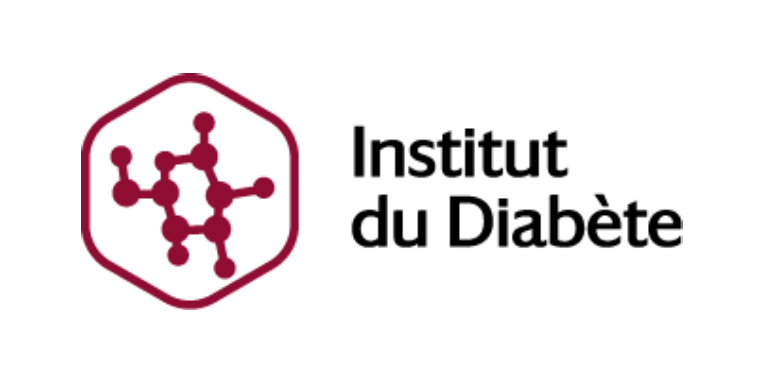News
News

Post Doctoral Position
Fully funded 2-year Post-doctoral position in the team of Dr. Ralf JOCKERS, at Institute Cochin
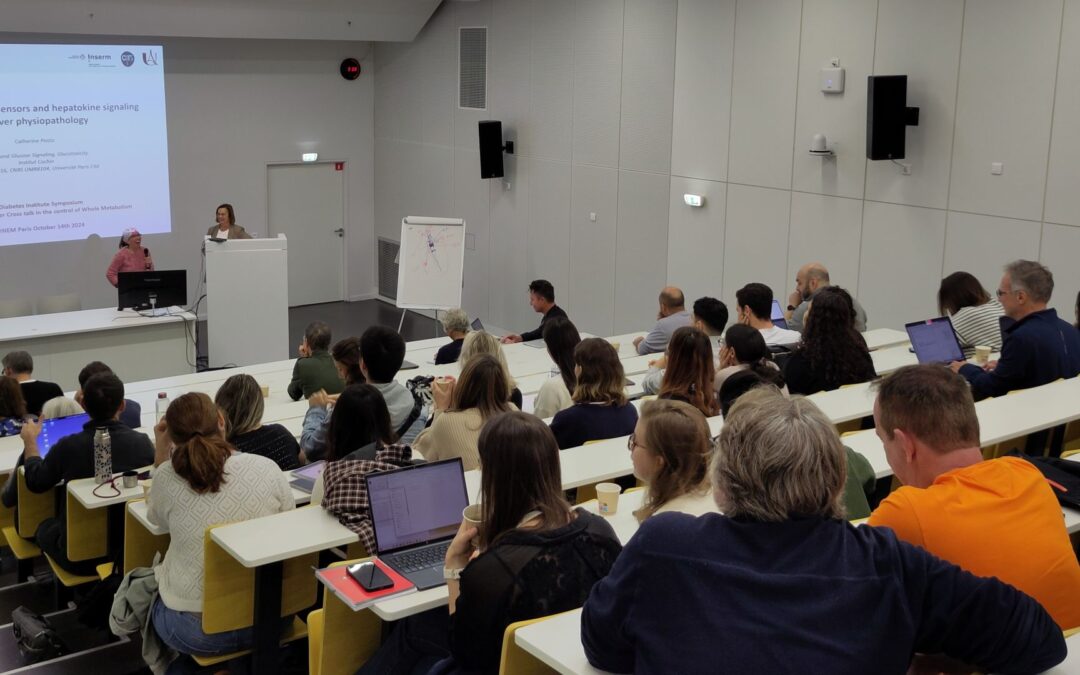
2024 Scientific Annual Day of the Diabetes institute
On Monday, October 14th, the annual Diabetes Institute Scientific Day took place, bringing together around 100 participants at the INEM. Opening of the Annual Scientific Day of the Diabetes Institute Maude LE GALL - Co-Director of the institute (left) Catherine POSTIC...
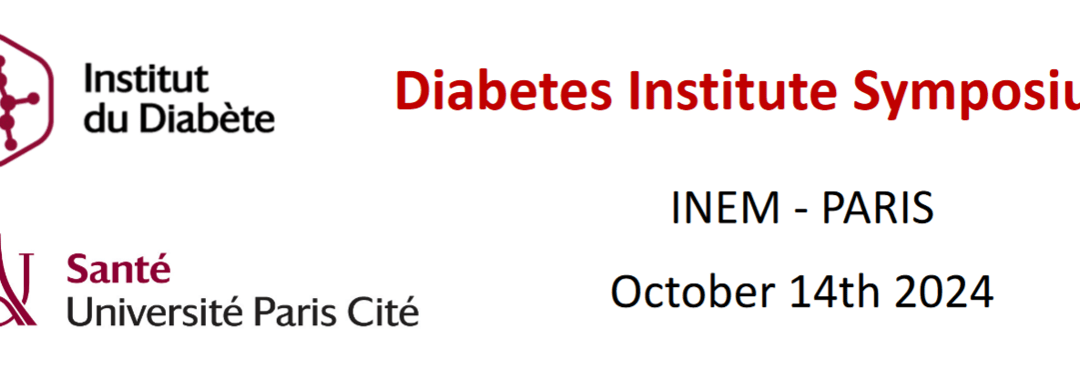
Diabetes Institute scientific day
The overall goal of this Diabetes Institute scientific day is to provide the most important and up-to-date research in the field of metabolism made at University Paris Cité. The workshop will focus on understanding the recent progress in adipose tissue and liver biology including metabolic and inflammatory processes in the control of the energy homeostasis. Special emphasis will be done to highlight the importance of the organ crosstalk and how signaling pathways in one tissue could affect the metabolism in other tissue.
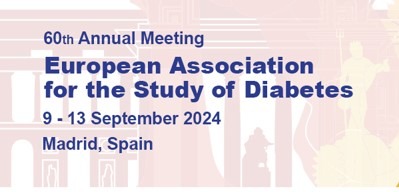
Les jeunes de l’IHM seront à l’EASD
L’IHM Diabète est heureux d’aider les jeunes à participer à l’EASD en leur attribuant une bourse de 1000€
Rendez-vous en Septembre à Madrid !

Save the date : Journée Scientifique IHM Diabète le 14 Octobre 2024 9h-17h
Mark your calendars for October 14, when IHM Diabetes invites you to an exceptional scientific day.

Congrès de la SFD 2024
Pour profitez au maximum du congrès 2024, retrouvez les replays en ligne
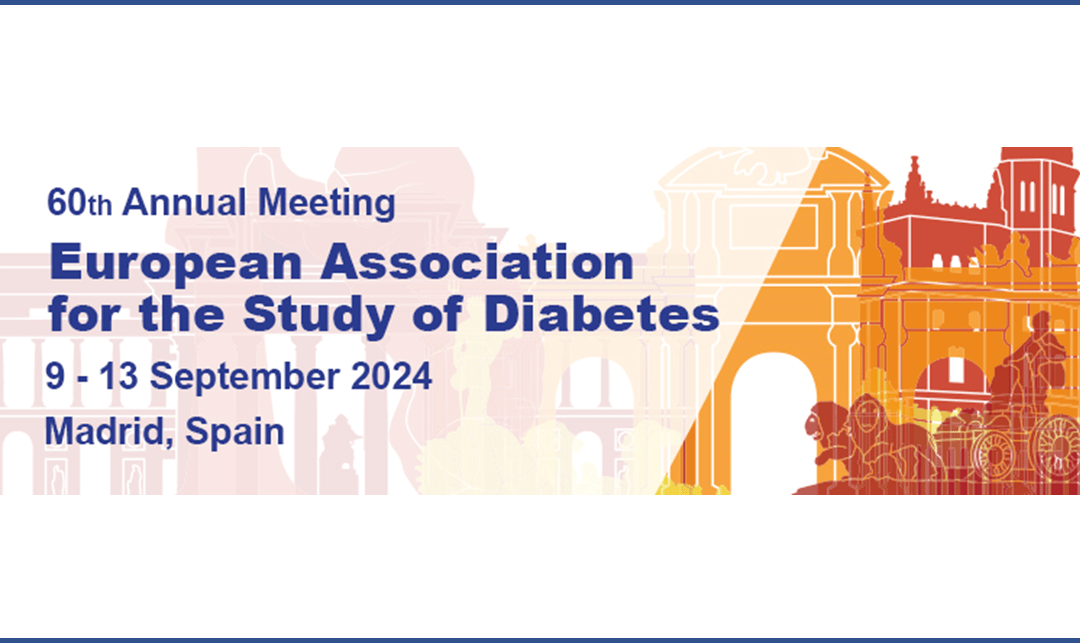
Early Registration before 17 July EASD 2024
Detailled information on the registration process and access to the registration system will be available in early 2024.
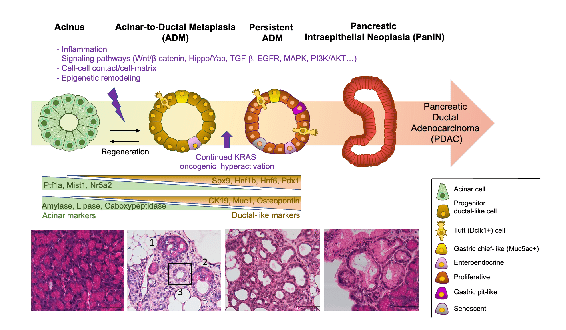
A new article from Cécile Haumaitre and collaborators discusses the origin of pancreatic lesions associated with pancreatic cancer
Pancreatic ductal adenocarcinoma is currently the fourth leading cause of cancer death worldwide. It is projected to become the second leading cause of cancer death by 2030. Unfortunately, PDAC is often diagnosed at an advanced stage, resulting in a 5-year survival rate of less than 10%. Since the most common precancerous lesions of PDAC are currently not clinically detectable, understanding the mechanisms that lead to their formation and progression is crucial to enabling early diagnosis and more effective therapeutic intervention.
